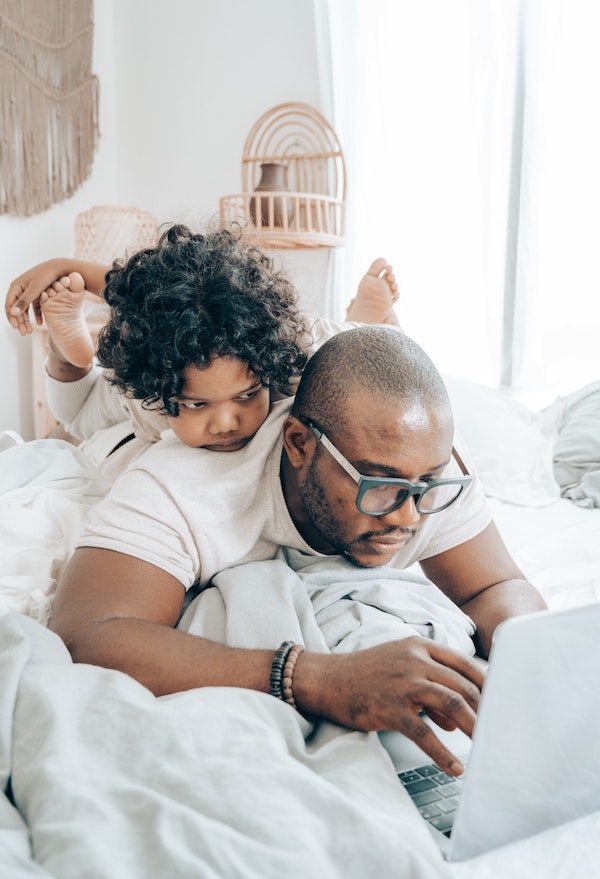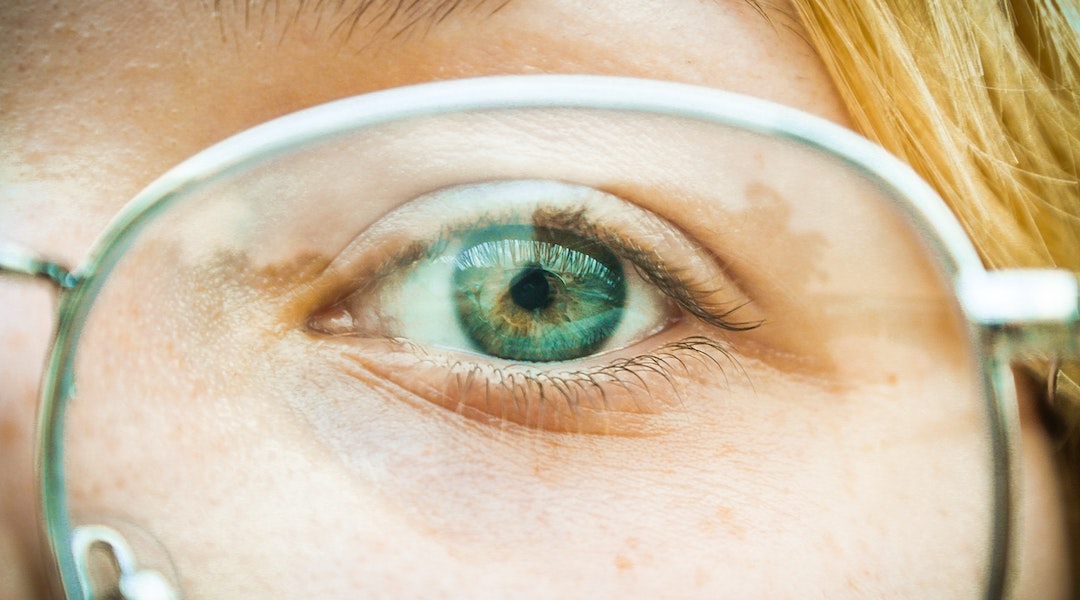With all of our increased reliance during the pandemic on screens—TV/computer/cell phone—there is understandably a lot of talk about how to protect our eyes from so much staring at such devices. Included in these conversations is something called “Blue Light Glasses,” which have a modest reputation as something to wear to protect your eyes if computers and screens are a big part of your life.
Blue light is not all bad, but there remains a concern that looking at screens gets us way too much of it. So let’s look into it.
WebMD says “The study, published in June 2020, found those adults (in the study) averaged four hours and 54 minutes on a laptop before the lockdown and five hours and 10 minutes after. They spent four hours and 33 minutes on the smartphone before the lockdown and five hours and two minutes after. Screen time went up for television watching and gaming, too. Well, that is a lot of daily time doing one thing one way… “ It’s easy to see that’s a significant increase.

But the American Academy of Ophthalmology says you don’t need them (Blue Light Glasses), and has gone on record as not recommending any kind of special eyewear for computer users. The organization says blue light from digital devices does not lead to eye disease and doesn’t even cause eyestrain.
Strengthening the Academy’s argument, furthermore, is this article—These Blue Light Glasses are not helpful. NPR Interview:
https://www.npr.org/2021/02/21/969886124/do-blue-light-blocking-glasses-really-work
All that said, however, there is some evidence out there that extreme amounts of blue light can impact sleep patterns. And there are many that nevertheless swear by using the glasses to reduce eye strain during screen time.
So, the experts in this debate seem to agree and say “nix” to blue light glasses, while anecdotally quite a few say they are helpful.
Denise’s
 2 Cents:
2 Cents:
The American Academy of Ophthalmology, the Vision Council, and other vision-related organizations urge moderation in screen use. Most of them recommend adopting the 20-20-20 rule. That means that for every 20 minutes on a screen, you’ll look up at an object at least 20 feet away for 20 seconds. I’ve been guilty of excessive screen times—especially during Covid—and I don’t think my eyes are better for it! Science doesn’t seem to have enough proof yet, so common sense says act “as if” blue light might be damaging until proven otherwise.
Bottom line: Adjust the angle you sit looking at your screen(s); step away from your screens as often as possible; get outside in nature to give your body and eyes much-needed relief. And do your own research on eye exercises. They’ve been shown to contribute to eye health.
Now, to add to the confusion, I leave you with this:
Best Blue Light Glasses According to Forbes:
https://www.forbes.com/sites/forbes-personal-shopper/2021/02/19/best-blue-light-blocking-glasses/?sh=62b68b3f13ed
